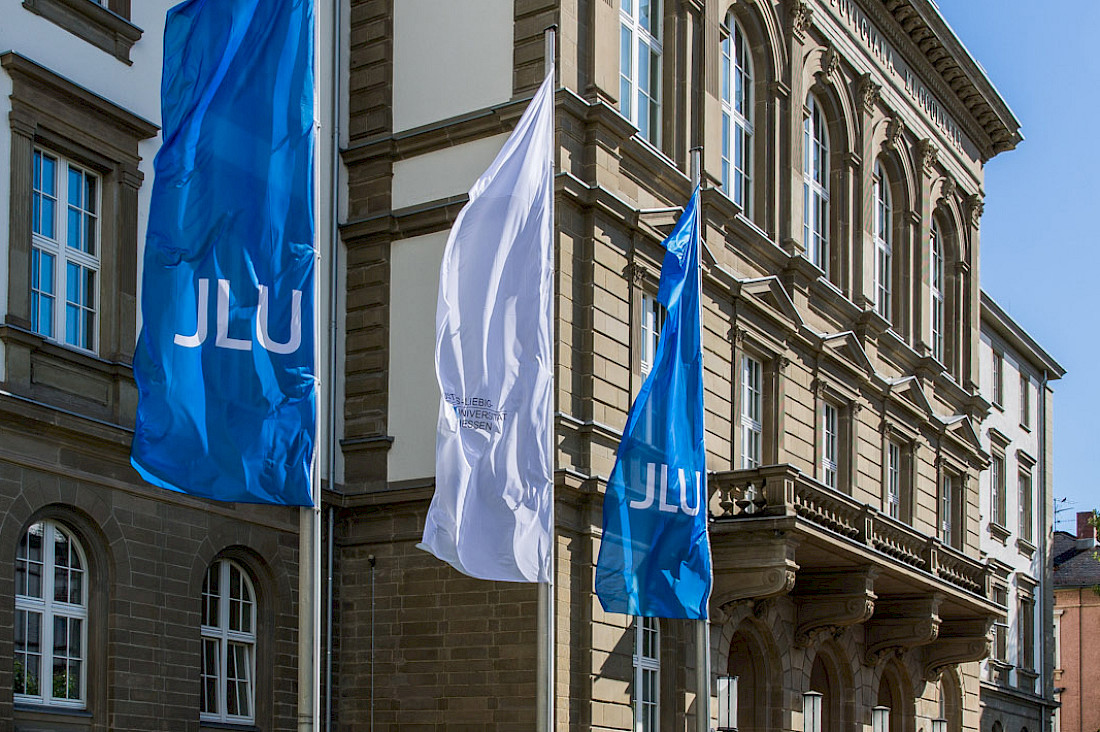Soundscapes and Memories of Exile: The Radio Programmes of the Refugees of the Greek Civil War
Alexandra Balandina (Athen)
On the topic
This research focuses on the broadcasts of the clandestine radio stations operated by the Greek Communist Party: Free Greece (Ελεύθερη Ελλάδα, 1948–1956, Belgrade) and The Voice of Truth (Η Φωνή της Αλήθειας, 1958–1974, Bucharest–Leipzig), as well as other national stations across the Eastern Bloc. Its aim is to locate, study, and make accessible to a wider public the audio recordings that narrate the refugee history of Greeks who, following the end of the Civil War, found themselves living behind the Iron Curtain. The project also investigates the formation of Greek refugee collective memory as mediated through sound.
The study pursues two main objectives. First, it seeks to explore the soundscape of these historical broadcasts, which are intimately linked to the experience of political refugees from the Greek Civil War. Key questions include: What are the defining features of this soundscape? What kinds of information does it transmit? How was this auditory environment deliberately crafted? And how are ideology and party messaging of the Communist Party conveyed not only through the semantic content of speech but also through vocal expression and sonic design? Within this framework, the project examines linguistic strategies employed in the broadcasts, such as the deliberate avoidance of "Russianisms"—a process of linguistic refinement documented in the written archives of these radio programs (see Psimouli 2006: 67).
Secondly, the research will investigate how the sound of these broadcasts has been imprinted in the memories of both the refugees and those who remained in Greece and listened to the programs. On one level, the study will explore how these auditory memories evoke aspects of the refugees’ professional, political, and personal lives during a period of separation marked by the Iron Curtain. On another level, it will examine how, for the refugees, radio broadcasts—alongside newspapers and magazines published in the host countries—served as vital tools for preserving a shared sense of origin, constructing a distinct identity, and shaping themselves as political subjects. Furthermore, the research will assess whether, according to the accounts of contemporary listeners, the sound of the broadcasts played a role in disseminating the ideological and political positions of the Communist Party. It will also explore whether this sonic experience fostered a sense of communication and community among dispersed individuals across the Eastern Bloc, and whether it contributed to sustaining national belonging and a shared militant past. Finally, the study will consider how these broadcasts may have functioned as an emotional and symbolic bridge between those who remained in Greece and their relatives, friends, and comrades living in Eastern Europe and the USSR.
Am 11.11.2025, 18:00 h
Venue: Philosophikum I, Haus E, Raum 209, Otto-Behaghel-Straße 31, 35394 Gießen

